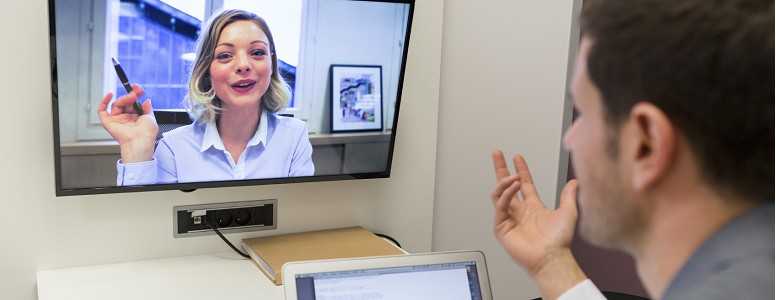The use of Skype could be beneficial in improving blood glucose control among adolescents with type 1 diabetes, a study finds.
Skype – a software product that provides video chat on computers, tablets and smartphones – was assessed by researchers at Novel Interventions in Children’s Healthcare at Oregon Health and Science University, Portland.
90 teenagers aged between 12 and 18, and at least one caregiver were chosen at random to receive Behavioural Family Systems Therapy – Diabetes (BFST-D) either in clinic or on Skype.
BFST-D can significantly improve glycemic control by enhancing communication within families, but access to trained therapists can be limited in certain rural areas.
Skype study
10 therapy sessions were completed by participants during a 12-week period, with changes in glycemic control compared before and after the study.
The mean age of the participants was 15.04 years, while 55 per cent were male and 87.8 per cent were white. The total dropout rate of the study was 21 per cent.
Lead author Michael Harris, PhD, confirmed there was no significant difference between BFST-D treatment in clinic or via Skype, but there were big improvements in adherence and glycemic control from before to after the intervention. This was still the case three months later at follow-up.
Harris pointed out that some medical centres may not trust the internet security of Skype, or other videoconferencing platforms, but concluded that this could help glycemic control in adolescents with type 1 diabetes.
“The findings from this study don’t imply that practicing clinicians should deliver BFST-D only over videoconferencing,” said Harris.
“Instead, our findings suggest that for families who live more remotely from a tertiary-care centre, BFST-D videoconferencing sessions can augment face-to-face clinic sessions.”
The results of this study were published in the journal Diabetes Care.
What's new on the forum? ⭐️
Get our free newsletters
Stay up to date with the latest news, research and breakthroughs.





